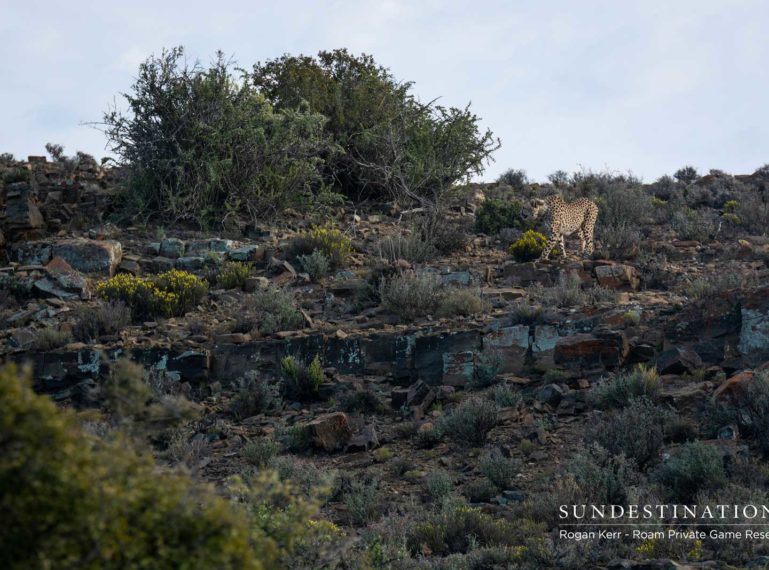
A hands-on safari experience at Roam Private Game Reserve allows guests to dive in and get properly involved with the conservation, veld management and all manner of behind-the-scenes goings-on typical of a game ranger’s day at the office. We love a good game safari as much as the next person. Sitting in the safety of the game viewer under a blanket with a warm mug of coffee, whilst snapping a few iPhone pics of impala at the waterhole at sunset is great, but what if a safari could be so much more? Have you ever looked at the game ranger behind the wheel of your game viewer and thought ‘this guy is living the dream, I’d love to have his job’? Well, at Roam Private Game Reserve, you can – for a while. Guests at Roam can opt for an exclusive three- or five-night conservation safari, where they assist the team with their day-to-day fauna and flora management duties, and get to contribute to the conservation of game in the Great Karoo. Pretty cool, right?
It won’t be all toil, of course. In fact, you can still expect all the comforts and luxuries of a regular Karoo safari, but with something like a backstage pass to get a glimpse of what happens behind the scenes on a well-oiled game reserve such as Roam.
A big highlight the participants of the conservation safari can look forward to is the opportunity to track and observe the healthy cheetah coalition that’s been successfully introduced on the picturesque plains of Roam. Guests would assist the team in tracking the collared cheetahs with telemetry and, if there happens to be a very recently introduced cheetah (which, for the first few weeks, is placed in a cordoned-off ‘introduction boma’ before being set free in the wilds of the reserve), guests might get to see the cats fed an animal from the reserve in keeping with their natural diet.
A bit of buffalo soldiering is also on the cards, as guests will assist in the supplementary lucern feeding of the fierce bevy of bovine that call Roam home, as well as the monitoring of the herd. Because the animals don’t have a boundless territory for grazing, their diet needs to be supplemented, and putting out regular feeds is a big part of the conservation efforts at Roam. Getting up close to these beasts is an experience in itself – many a fool has made the fatal mistake of confusing them for docile cattle, where in reality they are some of the African wild’s most dangerous and fearsome creatures.
Guests will also help with the general monitoring of the reserve’s flora and fauna. By means of fixed point photography, guests can help monitor the vegetation cover and species composition, while the fauna (which includes a huge variety of plains game and smaller predators) will be monitored by various methods including camera trapping, incident reports, head counts, meerkat habituation and bird ringing.
Avid twitchers will be delighted to take part in the bird ringing process. Also called ‘bird banding’, it is the procedure whereby birds are captured in mist nets, and then fitted with rings for identification purposes. The species, age, sex, weight and other measurements are all recorded and sent to a central database. This process is incredibly helpful in the protection and conservation of birds in Southern Africa.
When guests are not assisting the Roam team, collecting valuable data, and learning about the fascinating history and geology of the region, they will be enjoying downtime and kicking back to the peaceful rhythm of the Karoo. Delectable dishes are savoured morning, noon and night, and leisurely sunset game drives complement the more strenuous veld activities during the day.
It’s the best of both worlds and, ultimately, you get to make a tangible difference in the conservation of the beautiful biome of the Great Karoo.
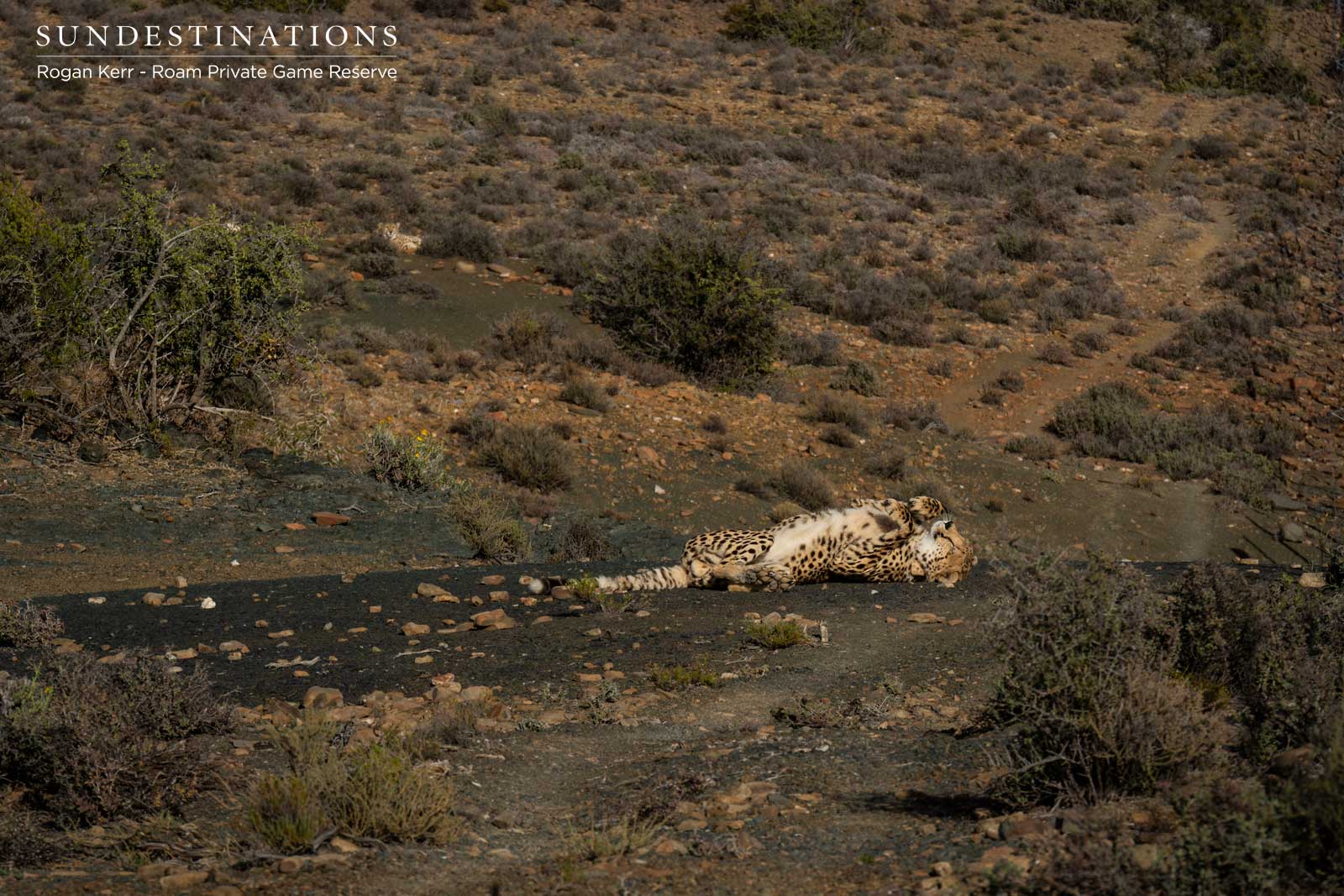
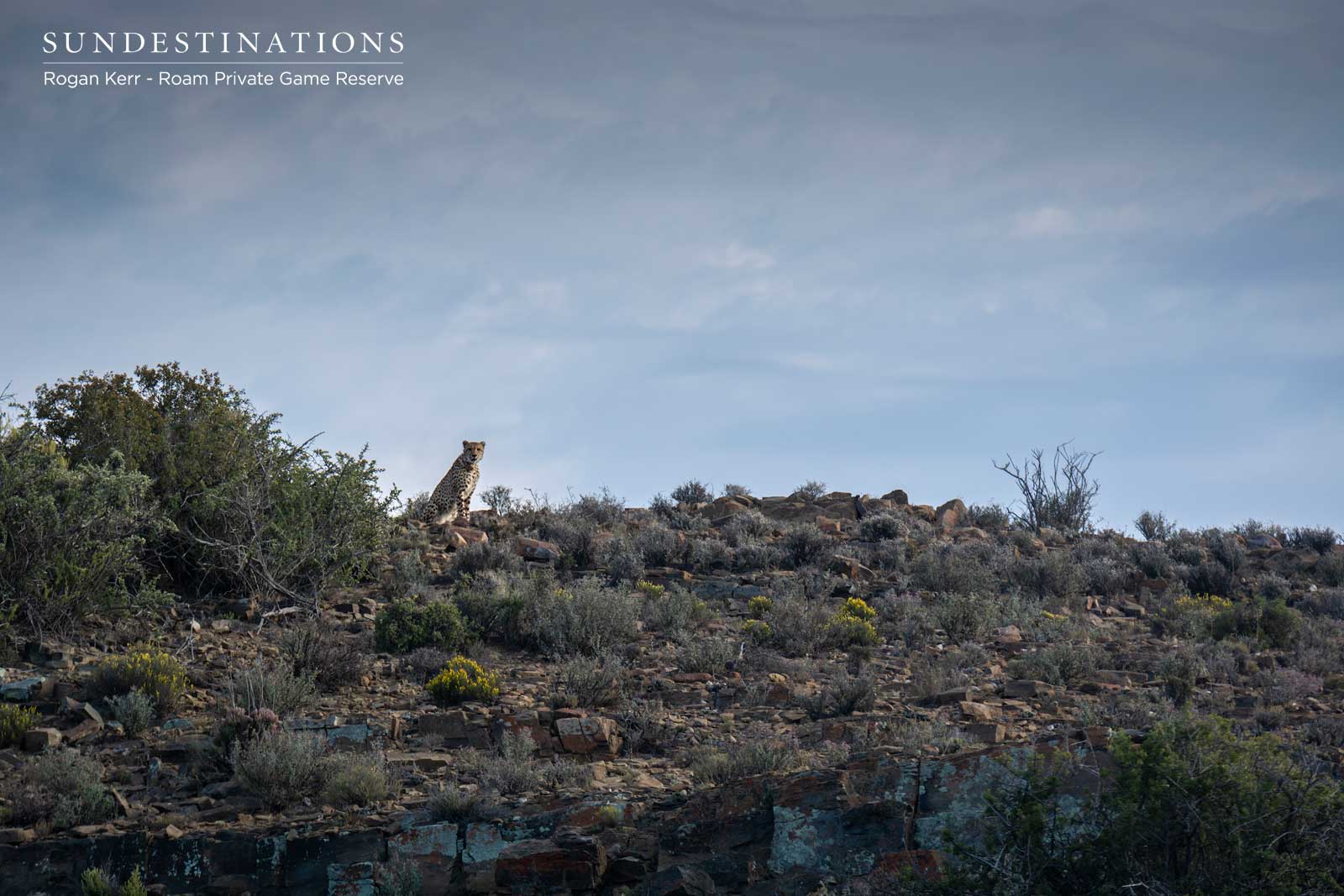
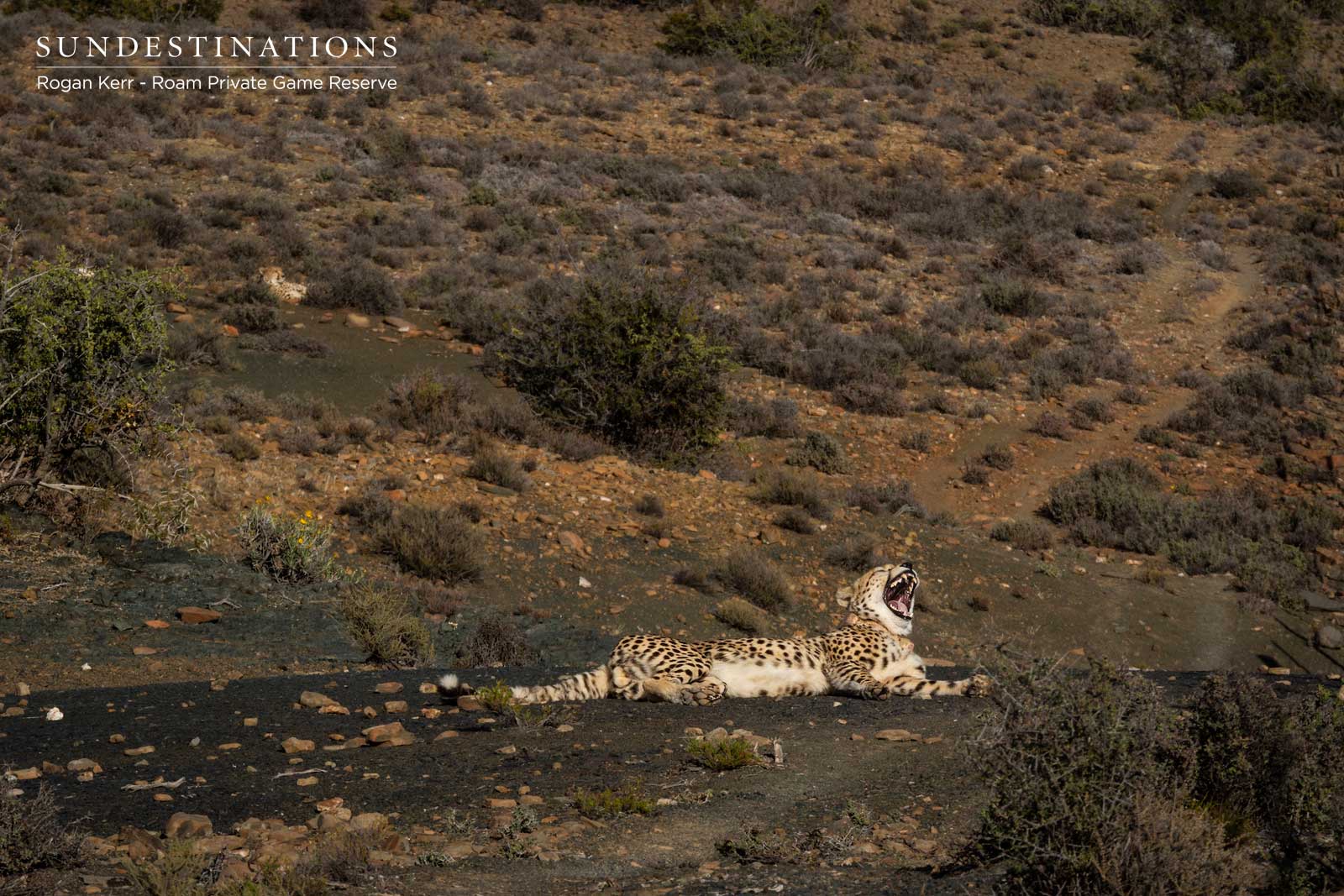
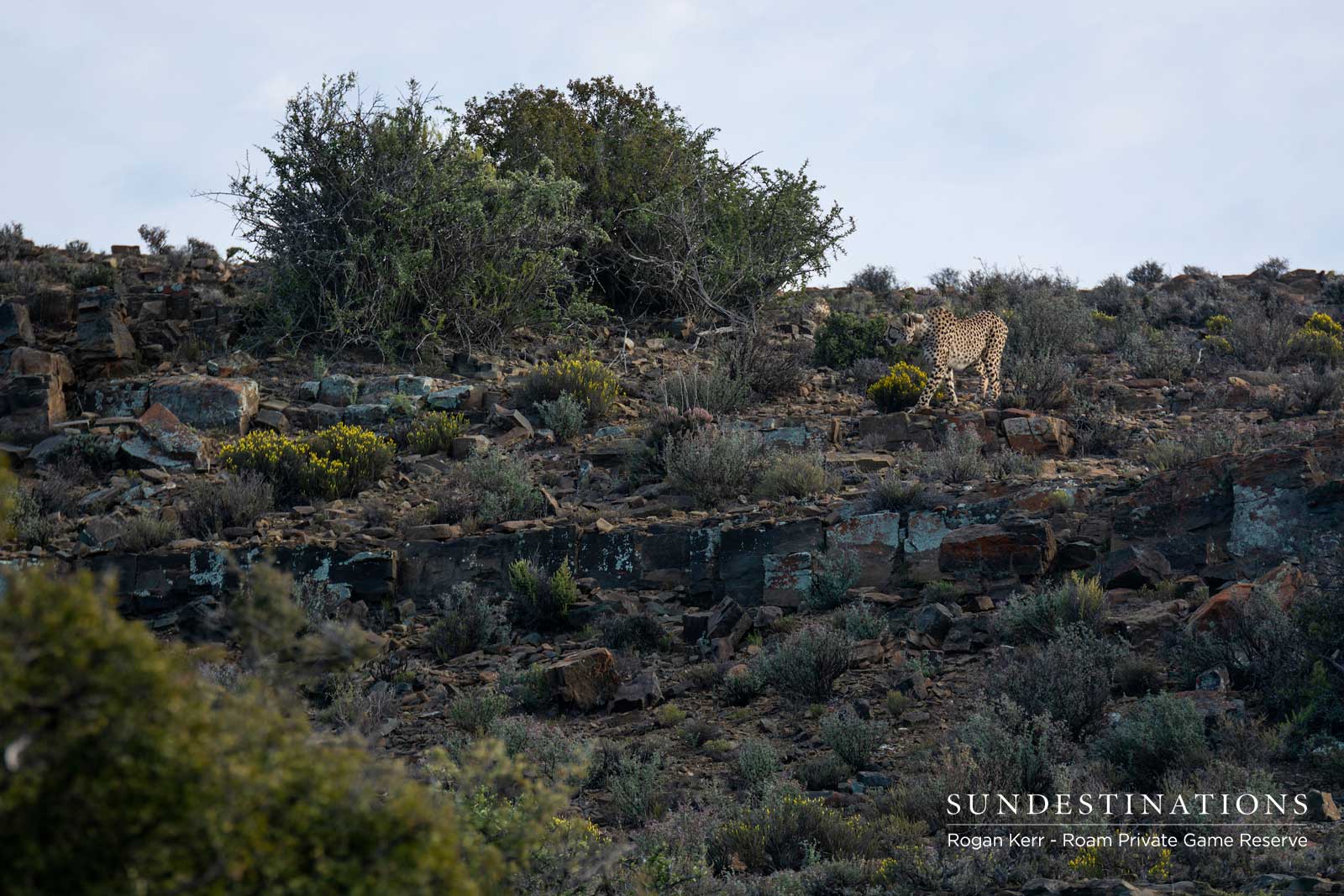
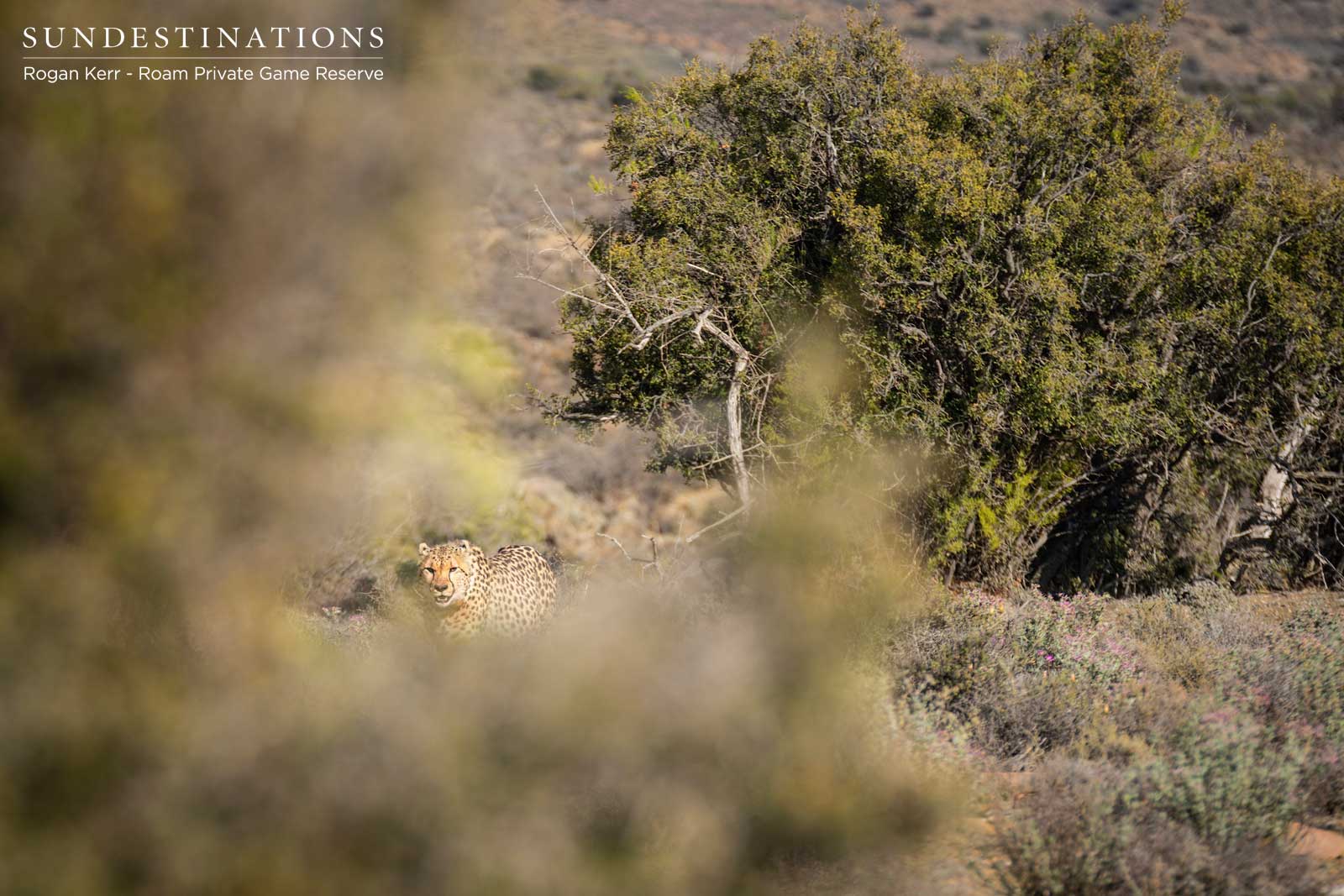
Leave a Comment